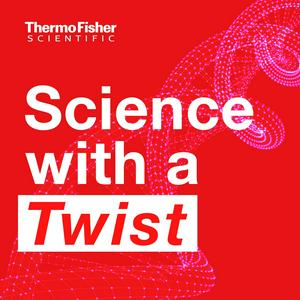How is a decades-old scientific tool that revolutionized organ transplantation now being used in cancer immunotherapy and autoimmune disease?
In this episode of Science with a Twist, host Terri Somers talks to experts in immunogenetics and histocompatibility about human leukocyte antigens, or HLAs, which are biomarkers on our cells that provide crucial information about our immune system. HLAs have been used for decades now to match the right donated organ or cells to a patient in need. As science has gained a deeper understanding of the immune system, the utility of HLAs has expanded significantly, helping to transform healthcare.
Guests-at-a-Glance
Name: Marcelo Fernandez Vina
💡 What they do: Director, Histocompatibility & Immunogenetics Laboratory
💡 Company: Stanford Blood Center
💡 Noteworthy: International leader in HLA research with over 30 years of lab and academic experience
💡 Where to find him: LinkedIn
💡 Name: Dave Lowe
💡 What they do: Senior Director, R&D – Transplant Diagnostics
💡 Company: Thermo Fisher Scientific
💡 Noteworthy: Leads global development of HLA testing tools for transplant and immunogenetics
💡 Where to find him: LinkedIn


